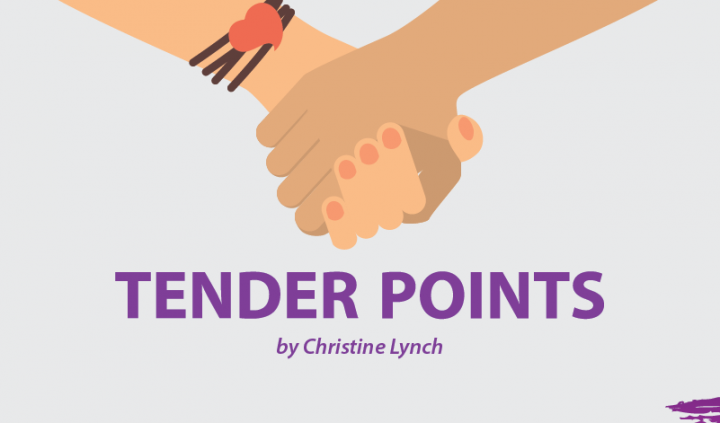Dr. David Burns’ book, “Feeling Good,” was recommended to me as bibliotherapy. I hadn’t heard of this therapy before, so I looked it up. Merriam-Webster defines it as “the use of reading materials for help in solving personal problems or for psychiatric therapy.” The book cites five studies published in the Journal of Consulting and Clinical Psychology that illustrate that reading a good self-help book on depression can be the equivalent of treatment with antidepressant drugs. What’s more, according to studies, the results are long-lasting. This is great news for people like me who cannot tolerate the psychoactive medications on the market today.
After a lifetime of reading self-help books in an effort to relieve my oft-present depression, I wondered why I hadn’t achieved the results that Dr. Burns had predicted. After reviewing some of the titles still on my bookshelves, I realized that most of them dealt with the causes of the condition and did not prescribe any treatment. The theory of those authors was that if you understood the source, then that understanding alone would lead to an improvement in symptoms. As a result, I had relived nearly every minute of my childhood looking for clues. Of course, there were conclusions to be drawn. Whether they were correct or not is another issue. The larger issue is that my depression hasn’t improved.
Dr. Burns’ book is a bit different from the other books on depression in that he offers instructions on how to treat it. His approach is to reverse the negative thoughts — which he terms cognitive distortions — that he considers to be responsible for the negative feelings. He believes that once you recognize these distortions and use his techniques to turn them around, your thoughts become more positive and your depression is lifted. I’m currently participating in a therapy group that focuses on learning to apply these techniques. Whether it’s genetic or environmental, negative thinking is part of who I am, so it’s not something that changes overnight. After a lifetime of being “Negative Nellie,” this relearning process is bound to take time. I’m trying to be patient as I slowly develop these skills.
Another version of bibliotherapy is with the use of novels. The School of Life in London employs bibliotherapists whose job is to prescribe particular books that are useful in helping to deal with a current issue in your life, such as a job change or grief. Those books could be nonfiction or self-help books, but more often they are novels. Bibliotherapists reason that putting yourself in the shoes of a character who is facing similar issues as your own has a therapeutic effect. As we cry for them, we cry for ourselves. If the character finds happiness, then we’re hopeful that it’s possible for us to do the same. It’s an interesting theory.
So, now I have a new quest. I’m searching for a novel featuring a character with fibromyalgia. I could certainly do a lot of crying with her (or him). The question is whether it would be therapeutic or not. With every case of fibromyalgia being so different and with no cure and few medications to help us with our plight, it’s hard to imagine how that character’s happy ending would apply to me. Perhaps I’ll write my own novel one day — if and when I find my happy ending.
***
Note: Fibromyalgia News Today is strictly a news and information website about the disease. It does not provide medical advice, diagnosis, or treatment. This content is not intended to be a substitute for professional medical advice, diagnosis, or treatment. Always seek the advice of your physician or other qualified health provider with any questions you may have regarding a medical condition. Never disregard professional medical advice or delay in seeking it because of something you have read on this website. The opinions expressed in this column are not those of Fibromyalgia News Today, or its parent company, BioNews Services, and are intended to spark discussion about issues pertaining to fibromyalgia.



CBD is proving helpful in depression
I enjoy reading your articles. I can not afford a subscription. Heck, I can’t even afford medicine and food.
Thanks for the advice.